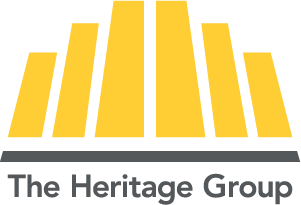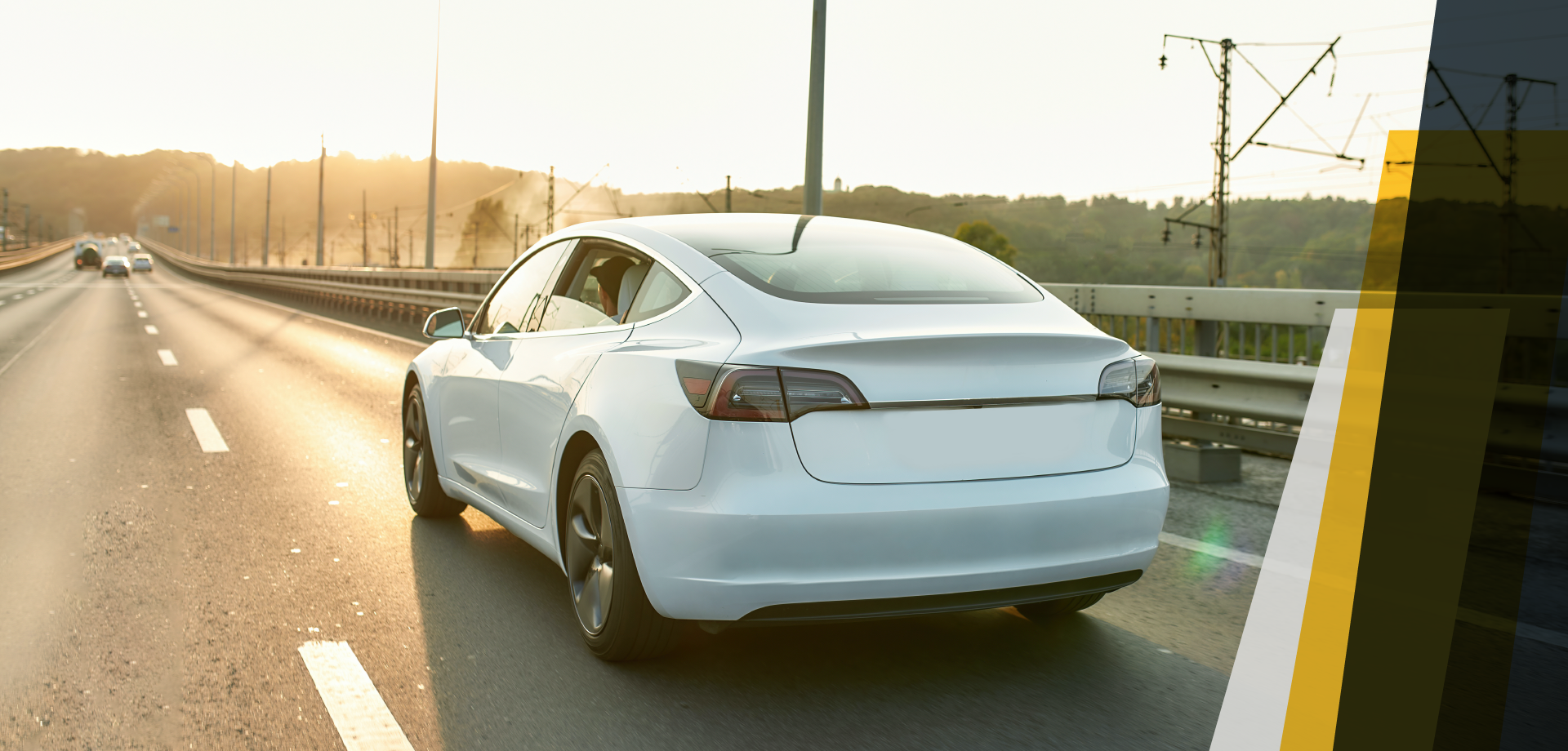In October, the U.S. Department of Energy announced a $2.8 billion grant to supercharge U.S. battery manufacturing for electric vehicles and the electrical grid. Cirba Solutions, a Heritage family company focused on battery recycling, was one of the 21 companies awarded a portion of that grant. Here, in an interview with The Heritage Group, Shane Thompson, Strategy and Business Development for Cirba Solutions, discusses what a $75,000,000 grant from the U.S. Department of Energy means for the company and its future.
Tell us more about the grant.
It funds the first set of projects for President Biden’s Bipartisan Infrastructure Law. The U.S. government is trying to set up a domestic supply chain for critical materials so the country can expand manufacturing of batteries for electric vehicles and the grid.
What does the grant mean for Cirba Solutions?
It allows us to put more dollars into our new facility in Lancaster, Ohio, which was already in the works when we won the grant. We’re planning to expand the number of minerals we recycle and enhance our ability to upgrade materials before they re-enter the battery supply chain.
How will the grant impact the future?
The fact that our new facility is being built with the full confidence of the Department of Energy will help us introduce our product in the marketplace. In addition to funding, the validation adds visibility and credibility that will make us more attractive to customers, employees and investors.
How did you win the grant?
We responded to the Department of Energy’s request for funding, which included a rigorous application process. Our strategy was to apply for half of the available funding in the battery recycling category. We built on the fact that Cirba Solutions is unique, and we have experience to back up what we do. Laura Evans, our director of environmental, social and governance (ESG), led the application process, which included a robust environmental justice questionnaire and requirements. We welcomed that. We prioritize sustainability and ESG at Cirba Solutions, and the grant was a great opportunity to highlight some of those practices.
Why is the grant important for the country?
We’re creating a circular economy and reducing our reliance on fossil fuels and minerals mined in other parts of the world. Producing batteries and components in the U.S. will help advance our country’s goal to build a robust lithium-ion supply chain and meet the demand for electric vehicles.
What capabilities will you add?
Typically, in the process of collecting, disassembling, shredding and upgrading critical materials from lithium-ion batteries, we focus on nickel and cobalt. Our expansion in Ohio will allow us to add lithium and other materials to that list.
Now, when we chop up batteries and separate out materials, some parts of the battery — including lithium, carbon, manganese and aluminum — are sent to a third party for processing. In the future, we’ll run those materials, known in the industry as “black mass,” through a hydrometallurgical process at our plant. We’ll be able to keep the recycling process going and create more materials that can go back into the battery supply chain.
How does this impact The Heritage Group?
Winning the grant is something Cirba Solutions and Heritage employees should share in and feel good about. It shows that a company that got its start with The Heritage Group is betting on the right things, receiving validation at the highest level and growing, which is good for us all.

